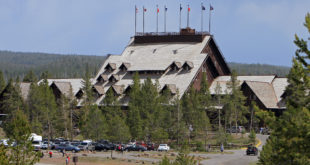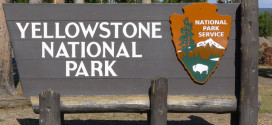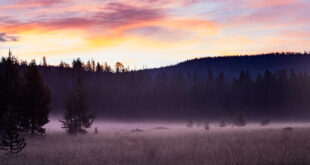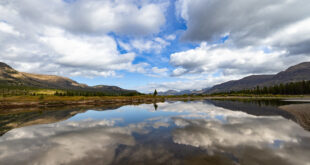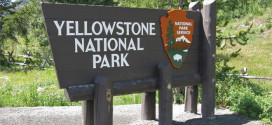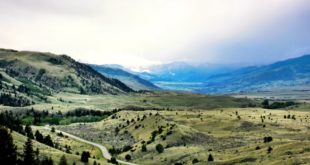Permits for concealed weapons are not handed out like popcorn, of course, and all states where it is permitted – Wyoming included – have state laws governing the practice. For example, Wyoming’s concealed weapon permit applies only to handguns. Concealed hunting rifles or other ordnance is not covered. There is a long list of places where even with a Wyoming permit concealed weapons are not permitted, such as bars (places where alcohol is sold), churches, schools, and courtrooms. The list of requirements for a permit holder is lengthy, about twenty items including safety training certification, fingerprinting, and fee ($50 in 2008). Wyoming has a population of about 500,000; typically up to 4% carry concealed weapons, which would be about 20,000 in Wyoming. Non Wyoming residents are not elligible for a permit.
Wyoming will honor valid permits from other states, providing there is reciprocity, so that currently only 23 of the fifty states are recognized. Of course, the laws regarding concealed weapons are different state to state, so the details (such as the types of weapons which may or may not be concealed vary) may be important. It’s unclear whether these reciprocity agreements will also be honored in the national parks, or whether the park rangers, who are federal agents, will have appropriate jurisdiction to determine which of the state licenses are valid. Another wrinkle for Yellowstone is that part of its territory is also in the states of Montana and Idaho.
If this sounds like enforcement of concealed weapons requirements might be complicated, it just might be. This is a major reason why the change in park regulations is opposed by the Association of Park Rangers, the U.S. Park Ranger Lodge of the Fraternal Order of Police, and the Coalition of National Park Retirees, whose spokesman Bill Wade said, “This proposed regulation increases the risk to visitors, employees, and wildlife rather than reducing it.”
It is difficult to point to a problem solved by the proposed regulation. The need for personal defense against crimes involving weapons in national parks, and especially those in Wyoming, is almost non-existent. It will be more convenient for permit holders, as it will not be necessary to stow handguns when entering the park; but for the rifle hunters and local residents without permits, unloading and stowing will still be required. Of course, the origin of the new regulation does not come from a pressing need in the parks, but from the Congressional delegation of gun supporters who have found this to be a useful and symbolic issue to keep before the public eye.
 Yellowstone Insider Your Complete Guide to America's First National Park
Yellowstone Insider Your Complete Guide to America's First National Park
